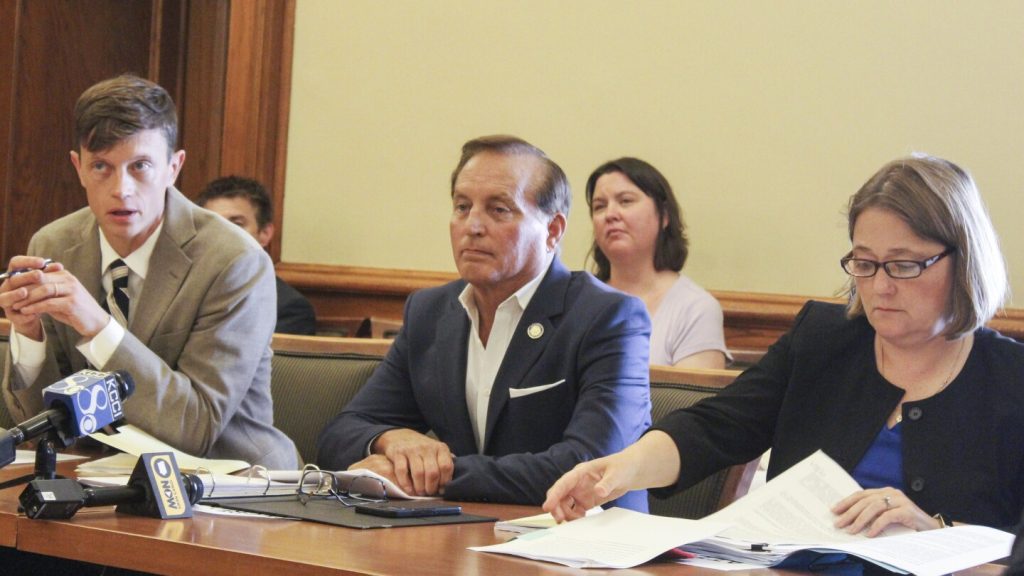Three Libertarian candidates in Iowa running for the U.S. House will not be listed on the ballots this November after a panel ruled that they failed to comply with state law. The state’s objection committee, consisting of one Democratic and two Republican elected officials, voted 2-1 in favor of Iowans who challenged the candidates’ legitimacy. The challengers, mostly affiliated with the Republican Party in their counties, were represented by conservative attorney Alan Ostergren. The chair of the Libertarian Party of Iowa, Jules Cutler, claimed that Democrats and Republicans were trying to keep them off the ballot.
State Auditor Rob Sand, the Democrat on the panel who opposed the candidates’ removal, accused his colleagues of political bias, stating that the decision was an attempt by Iowa’s uniparty to limit voters’ choices. Republicans, who hold every statewide office in Iowa besides auditor, voted to uphold the challenges, with Attorney General Brenna Bird and Secretary of State Paul Pate both supporting the decision. Pate emphasized his role as a referee of elections administering the law as written.
The removal of the Libertarian candidates from the ballot could have a significant impact on at least one tightly contested race in Iowa. In the 2022 election, one of Iowa’s congressional races was decided by a razor-thin margin, with Republican Zach Nunn narrowly defeating incumbent Democrat Cindy Axne. The challenges were filed against Libertarian nominees in the 1st, 3rd, and 4th Districts. The Libertarian Party of Iowa recently achieved major party status in the state, and they plan to appeal the decision, arguing that the challenges were based on technical mistakes.
The outcome of the race in Iowa has raised concerns about spoiler candidates and the potential impact of third-party candidates on the results. Before withdrawing his presidential bid this month and endorsing former President Donald Trump, Robert F. Kennedy Jr. raised concerns of being a spoiler candidate. The margin of support for independent or third-party candidates could influence the outcome of elections and disrupt the traditional dynamic between Democrats and Republicans.
Despite the challenges and potential appeals, ballots in Iowa will be certified by Secretary of State Paul Pate’s office on September 3. The Libertarian Party of Iowa maintains that the challenges were based on technical infractions that can be corrected, rather than being grounds for removing the candidates from the ballot. As the controversy surrounding the exclusion of the Libertarian candidates continues, the decision could have far-reaching implications for the upcoming November elections in Iowa and the potential outcomes of closely contested races.


